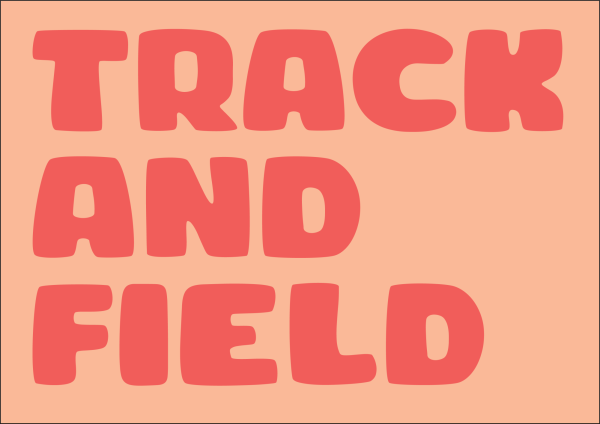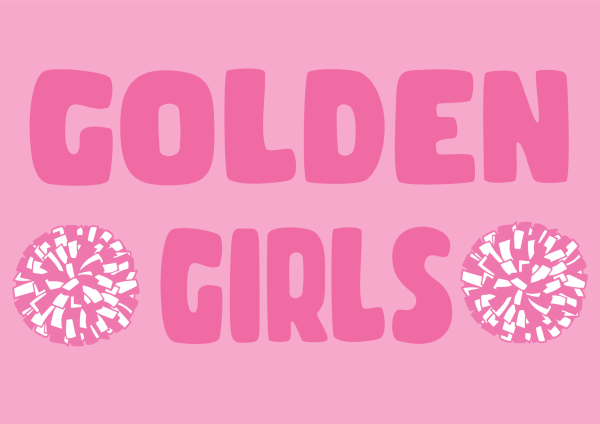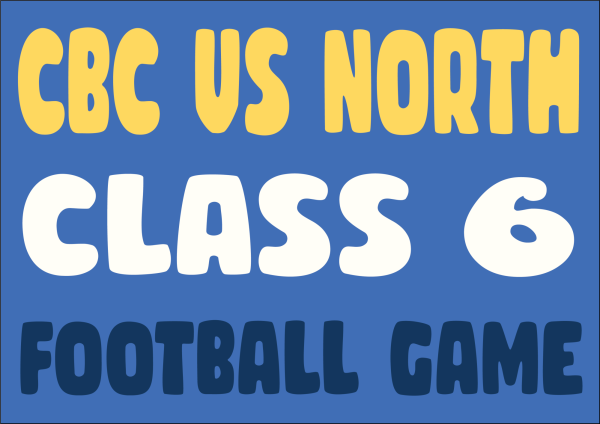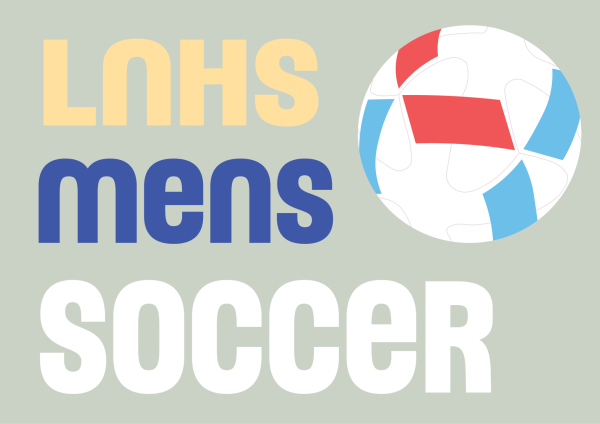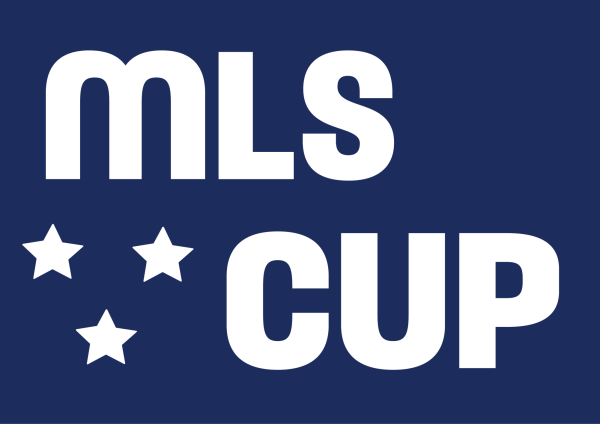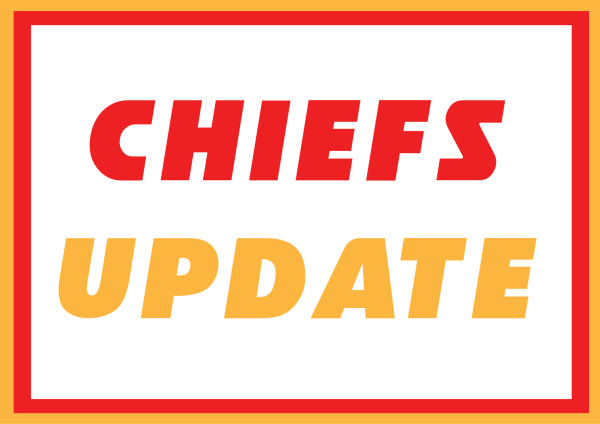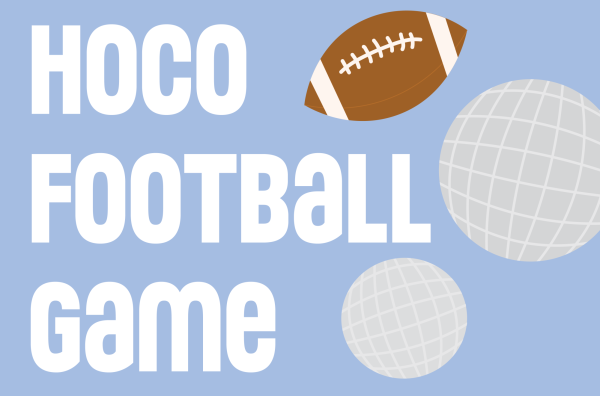Cracking Down on Concussions
Painful Headaches. Dizziness. Fatigue. These are all symptoms of something frightening that happens to sports players every day. Concussions. Head injuries are common throughout most sports and people playing sports have a high risk of getting hurt from a concussion.
“I got headbutted while player soccer and got a concussion. I felt dizzy and my head was throbbing. It was hard to focus and I was sensitive to sound,” junior Ben Hicks said.
There are ways to detect to see if someone has experienced a concussion and specific symptoms that take place when someone suffers from head trauma. If athletes are able to identify these symptoms it can better help someone get treatment for a concussion.
“There are up to approximately 50 different symptoms of a concussion. The most common ones are: headaches dizziness, nausea, light sensitivity, sound sensitivity, decreased appetite, sleep pattern changes, poor balance, etc,” athletic trainer Jeff Snow said.
Concussions are more likely to happen in sports, but there are ways to reduce your chance of being injured when playing sports. Practicing proper techniques and safety, wearing a concussion band on your head, and being educated about the ramifications of concussions are simple ways to prevent getting a head injury.
“There’s a lot of contact in sports like soccer, so some people wear a concussion band on their head to be safe. The band helps to reduce the force being applied when you’re hit,” sophomore Layke Graybill said.


